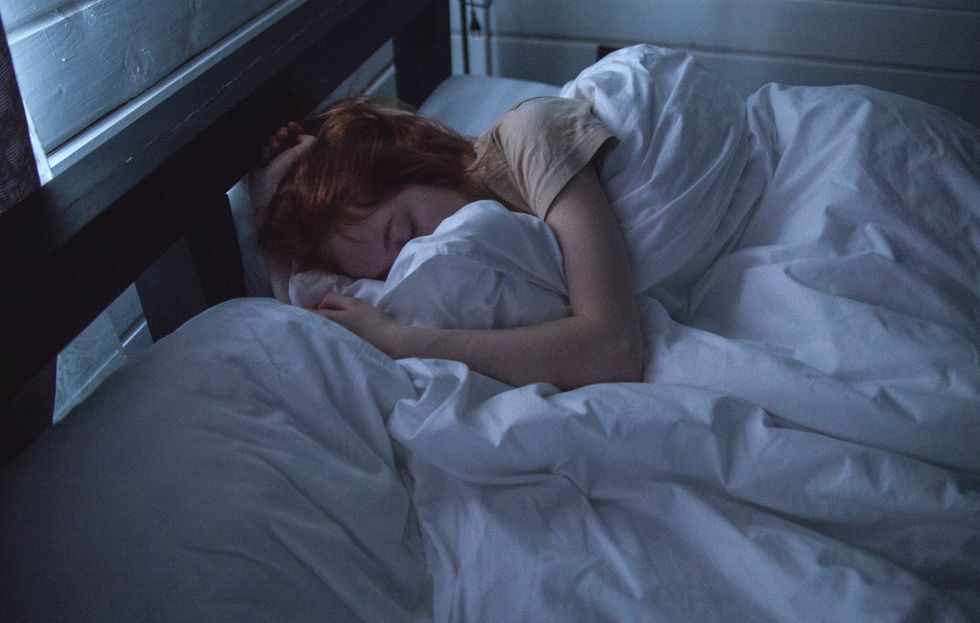Dementia warning as study of one million people uncovers hidden risk tied to sleep 'problems' - may double likelihood of diagnosis

People living with the neurodegenerative disease often experience similar sleep disorders
Don't Miss
Most Read
Latest
Struggling with sleep may significantly increase the chances of developing dementia later in life, new research has revealed.
The study found that individuals diagnosed with a sleep disorder were up to twice as likely to be diagnosed with a neurodegenerative condition, including dementia, within 15 years.
The study, carried out by Cardiff University's UK Dementia Research Institute and the NIH Intramural Centre for Alzheimer's and Related Dementia in the US, is one of the largest to date.
Researchers used data from over one million electronic health records to map out the relationship between different neurodegenerative diseases and sleep disorders.

Sleep disorders may increase the risk of Alzheimer's
| GETTYThey investigated whether disrupted sleep is an early sign of neurodegeneration or makes someone more likely to develop dementia later.
The findings revealed that sleep disorders increased the risk of Alzheimer's and Parkinson's, irrespective of genetic risk.
Sleep disorders and genetics are likely to influence the risk of diagnosis independently of each other, according to the study.
The risk of dementia was further increased for people recorded as experiencing multiple sleep disorders.
This suggests that having several different sleep problems compounds the danger of developing neurodegenerative conditions.
Dr Emily Simmonds, a bioinformatician at the UK Dementia Research Institute, said scientists "wanted to understand the complicated relationship between sleep and dementia".
She explained that "people living with dementia often experience sleep problems, but there is not yet enough evidence to say for sure whether poor sleep increases risk of dementia".
Dr Simmonds said the team "set out to see if we could figure out what order these things are happening".
LATEST DEVELOPMENTS

People living with dementia often experience sleep problems
|PEXELS
The researchers wanted to establish whether sleep problems precede dementia or occur as a consequence of neurodegeneration.
"By using biobank data, we had timestamped records of when people had sleep disorders, and exactly when they were subsequently diagnosed with a neurodegenerative disease, rather than relying on self-reporting," she added.
This approach allowed scientists to track the progression from sleep disorder diagnosis to neurodegenerative disease development over a 15-year period.
The use of electronic health records provided precise timing data that would not have been possible through traditional self-reported studies.
This methodology enabled researchers to establish a clearer causal relationship between sleep disorders and subsequent dementia diagnoses.











